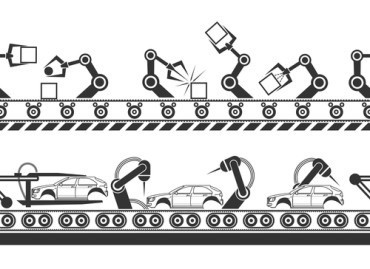
Northwestern University has built an AI workflow design to accelerate the process of reading and identifying radiology reports that require follow-ups.
Inspur Information and the Feinberg School of Medicine at Northwestern University announced the results of a 13 month trial of a custom AI workflow that was built to accelerate the processing time for radiology reports and reduce delays in follow-up recommendations.
Due to the intricacy of these radiology reports, approximately 33 percent of follow-up recommendations are either delayed or missed altogether, due to human error.
SEE ALSO: Solving a Healthcare Crisis with Cognitive Automation
The team at Northwestern developed the workflow, using Inspur’s AI servers and Nvidia GPUs, which through the use of natural language processing (NLP) could identify radiology reports that have follow-up recommendations.
“We used AI and the tools at our disposal, including the Inspur NF5488M5-D GPU server featuring the NVIDIA A100 Tensor Core GPU,” said Dr. Mozziyar Etemadi. “The custom AI workflow reads nearly every single radiology report and, through deep integration with our medical record system, provides alerts and notifications to the primary care doctor, patient, and dedicated follow-up team, to ensure that important details do not fall through the cracks.”
The AI workflow screened 570,000 imaging studies and found 29,000 had recommendations. Over 5,000 interactions with physicians were generated and 2,400 follow-ups completed. The team found that the workflow improved the reliability of identifying recommendations, alongside reducing the amount of human time needed to scan through radiology reports.
“It is amazing to work with Dr. Etemadi, to see how he brings new technology to AI-based research at Northwestern and converts it into real improvements in healthcare,” said VP of Strategic Alliance and Inspur Systems, Rhonda Liao. “Inspur is proud to be part of this journey, and we appreciate NVIDIA’s great collaboration and support on this endeavor.”
The team at Northwestern has released open-source code of the AI workflow with guided tutorials for others in the industry to input.
“AI enables medical researchers to bring much-needed tools into the clinic, delivering results for doctors and patients alike,” said Dr. Mona Flores, Global Head of Medical AI at NVIDIA. “By optimizing workflows using AI, backlogs can be alleviated, and clinicians can prioritize follow-ups with patients who need it the most.”




























